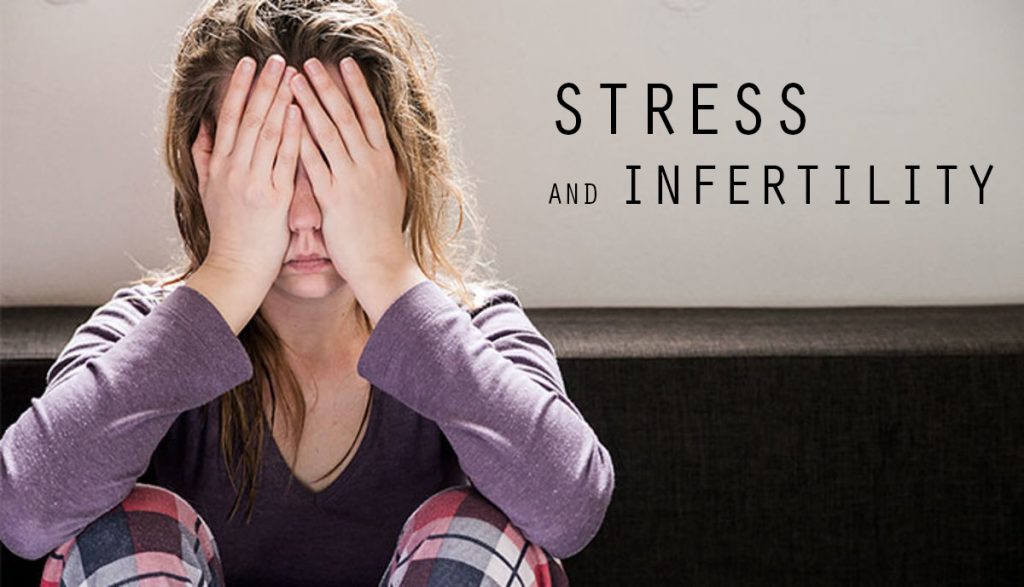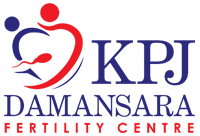
One of the most controversial areas in the field of reproductive medicine is the potential impact of psychological factors on pregnancy rates. Although there are a variety of old wives’ tales which support the notion that stress hampers reproduction function, this theory has been challenging to confirm. There have been dozens of studies which have investigated the relationship between psychological symptoms prior to and during ART cycles and subsequent pregnancy rates, with conflicting results. Some have shown that the more distressed the women prior to and during treatment, the lower the pregnancy rates, while other studies have not.
There are several possible explanations for these discrepancies. One is that individuals may not accurately report their level of distress when completing psychological questionnaires. Research supports this theory. In a study of fecundity in 339 women in the United Kingdom trying to conceive, self-reported symptoms of depression, anxiety, and stress were not significantly associated with time to pregnancy. However, in a similar study on 501 women in the United States, levels of salivary a-amylase, a biomarker of stress, were significantly correlated with time to pregnancy. Women in the highest quartile of a-amylase levels at baseline were twice as likely to subsequently experience infertility. Finally, in a recent study in 135 IVF patients, cortisol was measured through samplings of hair, which measures levels from the prior 3 to 6 months. The hair Cortisol levels were significantly correlated to pregnancy rates (P=0.017). These findings match what most infertility patients believe; that psychological symptoms have a negative impact on fertility.
